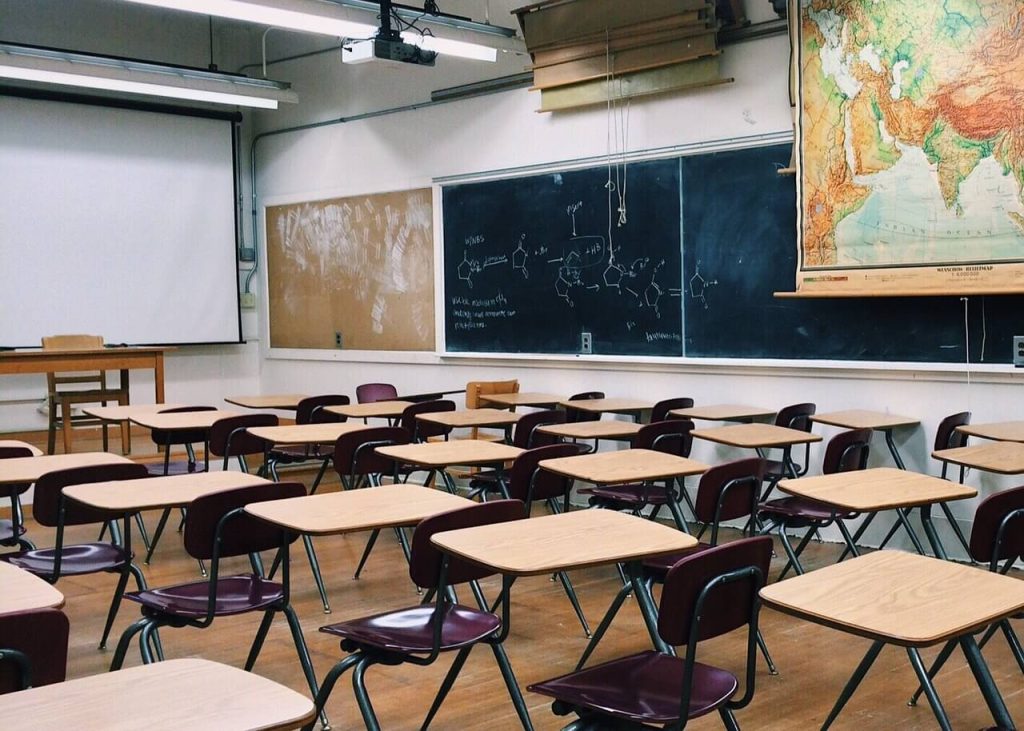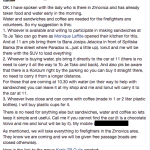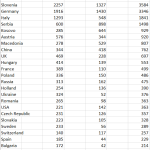The survey conducted amongst volunteering expat parents shows that most families are content or even very happy regarding their experience with public schools in Croatia. The scale went from 5 for perfect to 1 for failure, where the middle ground (3) was that the experience had ups and downs and that families would either recommend others to look for a different school or be prepared for a bumpy ride. The perfect experience meant that the child was happy in school, the teachers gave a good education, and the parents were treated well. A failure meant that the parents felt that the experience was a total disaster, that they either thought about changing the school or actually did, and that child and parents were relieved and happy when that time was over.
It is not hard to guess that the experience was better the younger the children were when they arrived in Croatia, and the more the family spoke Croatian at home. In general, it looks like there is a very different perspective based on the three schooling systems of lower primary school/ niži razredi osnovna škola (1st-4th grade), higher primary school/ viši razredi osnovna škola also called middle school in many countries (5th-8th grade), and high school/srednje škole also called middle school or secondary school in Croatia (9th-12th grade).
In general, most families felt very well about the schooling in grades 1-4. This is probably not only because the children are still more open to learning a new language but also because the schooling system is still mostly aimed at “entertaining” the children and caring deeply for the well-being of the children rather than focusing on the transfer of knowledge. Also, the peer pressure is more positive as local children at younger ages welcome foreigners and love interacting and playing with anyone regardless of the background or the language barrier.
However, when children are in grades 5-8, there seems to be a huge discrepancy between newcomers and children who have already been to school in Croatia before or have spoken Croatian at home. The school system changes from a single class teacher in classes 1-4 for most subjects to many specialized teachers in most subjects, while the class teacher is then only a teacher that sees the children in one or two subjects. Also, the general approach to education seems to take its toll on the children. Apart from what happens in school, this is a demanding time for children due to entering adolescence and seeing life and others with different eyes. Peer pressure seems to take on negative aspects that are not being channeled properly.
For this age group, parents who have just arrived with their kids and who have little Croatian language skills have a rather negative or stressful experience, whereas parents who have been living in Croatia for some time or who have been speaking Croatian at home seem to have a mostly positive experience with the public school education in classes 5-8.
This discrepancy in experiences then not only increases even more for grades 9-12, but the number of parents who decide to move to Croatia with children in that age group also shrinks dramatically compared to families who moved to Croatia with younger children.
Unfortunately, two families had to go through a terrible experience with their children. In both cases, bullying is mentioned explicitly as the encountered problem. In both cases, the families felt that the school (not the same school) could not deal with the problem properly and protect the children. It is unknown if the parents chose to change the school because of such problems, but it is unfortunate to hear that the families felt like the teachers did not do enough to help remedy the situation in both cases.
For further reading about the structure of Croatian public schools, you may want to read:
https://eacea.ec.europa.eu/national-policies/eurydice/content/organisation-single-structure-education-1_bg
https://www.expatincroatia.com/international-elementary-kindergartens-primary-schools-croatia/
About the author:
We moved to Croatia together with our son almost 5 years ago and had some mixed experiences since he started to go to school here in 3rd grade. We built a little web project for the idea of an international school in Split and continue to share our experience happily. The site has been live now for almost 4 years at www.misodis.com. Now we cross-checked ours with the experience of other parents.
We will soon share with you some more information on what you may want to know and what you can do to get ready for your move to Croatia and to be better prepared to face the challenges of the Croatian public school system.
For more, follow our lifestyle section.











